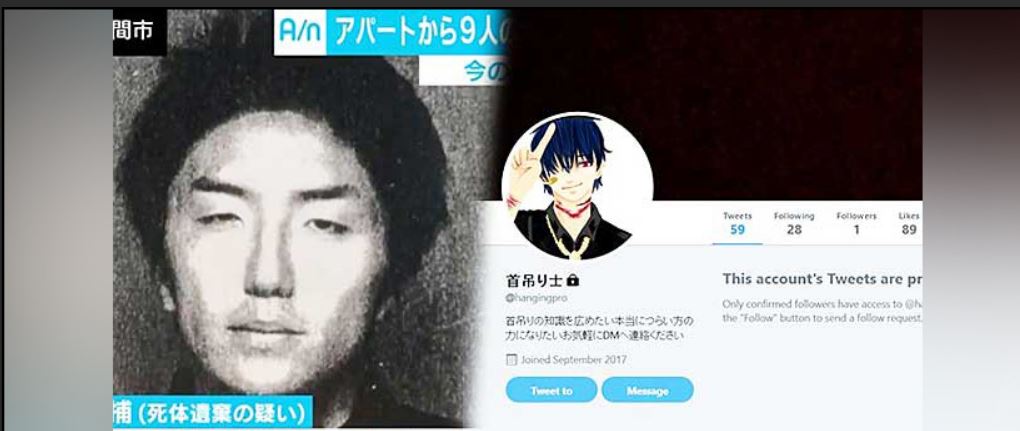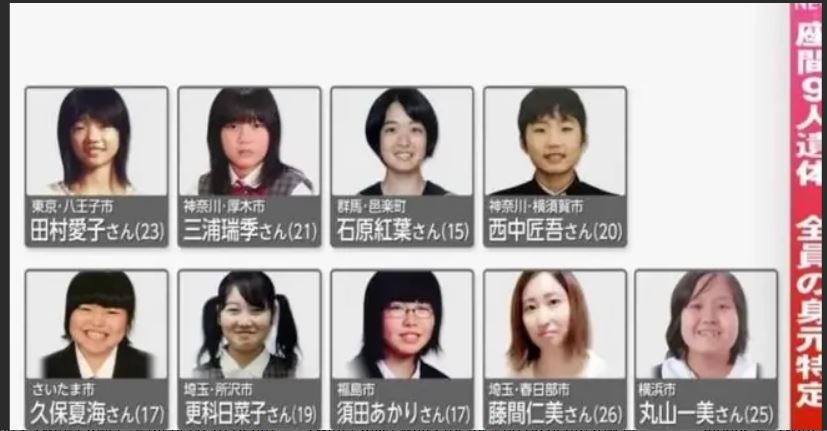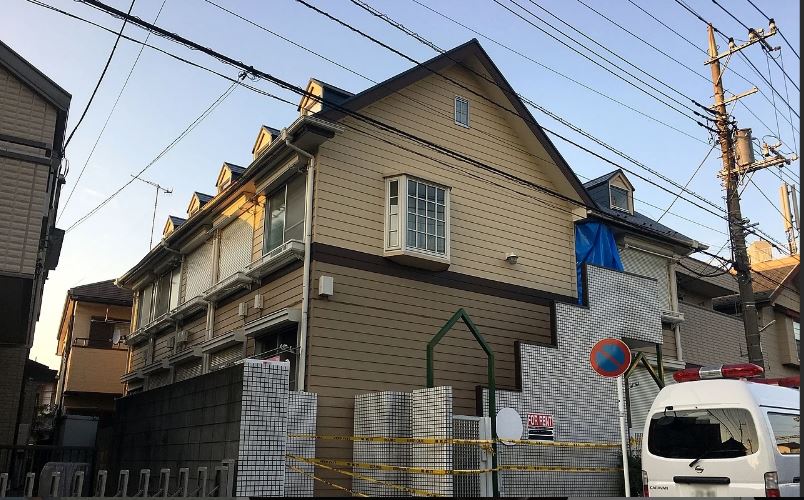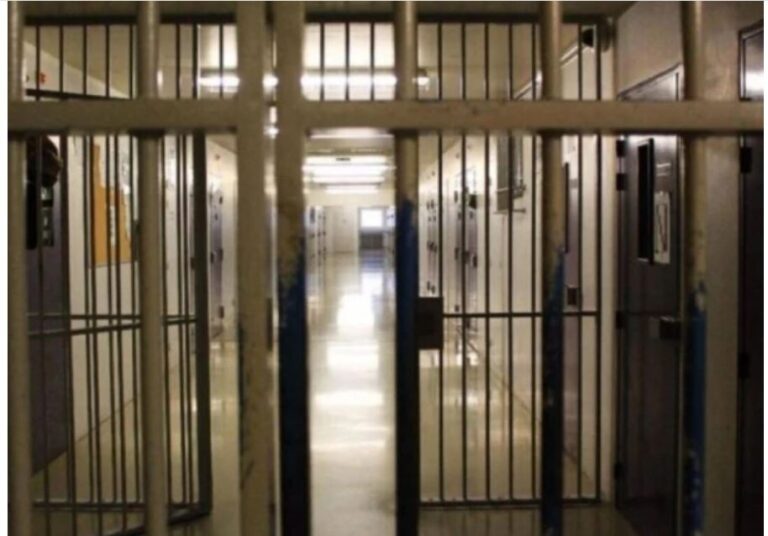Japan has carried out the execution of Takahiro Shiraishi, infamously known as the “Twitter Killer,” who was convicted of murdering nine people in 2017 after luring them through social media.
The 34-year-old was hanged early Friday morning after being sentenced to death in 2020 (finalized in 2022) by a Tokyo court. His case shocked the nation and drew global attention for its disturbing use of social media to exploit vulnerable individuals, many of whom were contemplating suicide.
Targeting the Vulnerable Online

Shiraishi used Twitter to target individuals—mostly young women aged between 15 and 26—who had expressed suicidal thoughts online. He contacted them by pretending to be a sympathetic listener or even offering to assist them in dying. Instead, after gaining their trust, he lured them to his apartment in Zama, Kanagawa Prefecture, and brutally murdered them.

All nine victims were killed and dismembered in a span of about two months between August and October 2017. When police eventually arrested Shiraishi, they discovered body parts stored in coolers and containers inside his small apartment.

Twitter Killer Apartment
Public Outrage and Court Proceedings
The gruesome details of the case triggered widespread public outrage in Japan and prompted renewed discussions around mental health awareness, social media safety, and capital punishment. During the trial, Shiraishi admitted to the killings, but his defense attempted to argue diminished responsibility due to mental illness—a claim the court ultimately rejected.
Judges determined that Shiraishi was fully aware of his actions and had premeditated the murders with the intent to exploit and kill.

Final Words and Execution
Before his execution, Shiraishi reportedly showed little remorse, maintaining that he killed to satisfy his dark urges. Families of the victims, some of whom attended parts of the trial, expressed mixed reactions—many demanding justice, while others called for more to be done to protect vulnerable youth online.
Japan is one of the few developed countries that still retains the death penalty, carried out by hanging and often kept secret until after it is performed.
National Response and Reforms
Following the “Twitter Killer” case, Japan introduced stricter monitoring of suicide-related content on social media platforms and expanded mental health support services, particularly for adolescents and young adults. The case served as a wake-up call for authorities to address the growing mental health crisis and online exploitation risks in the country.
The execution brings closure to one of Japan’s most horrifying serial murder cases in recent history, but the legacy of Takahiro Shiraishi’s crimes continues to fuel national conversations about mental health, online safety, and the ethical boundaries of capital punishment.







1 thought on “Japan Executes ‘Twitter Killer’ for Murder of 9 Suicidal Victims”